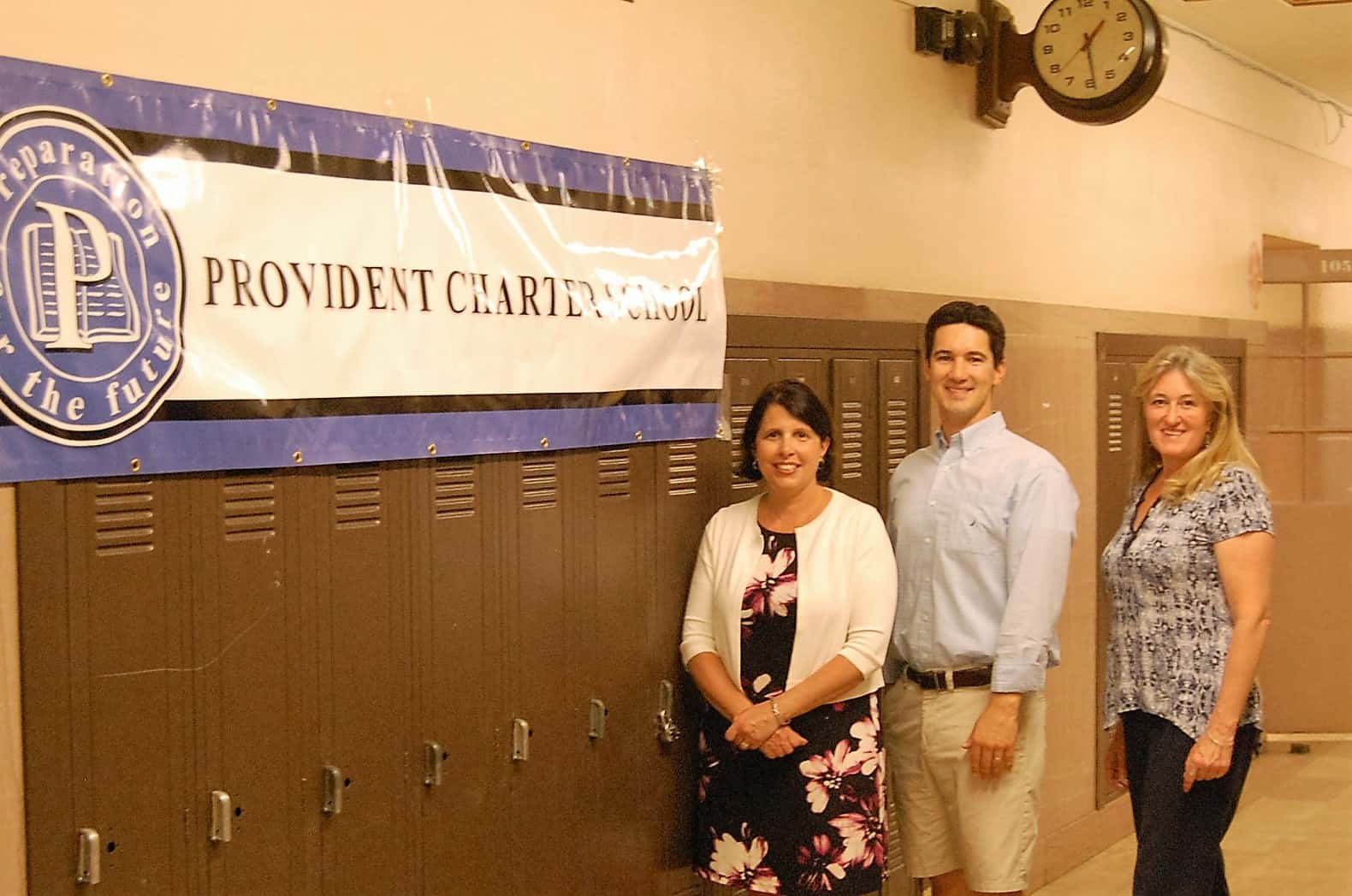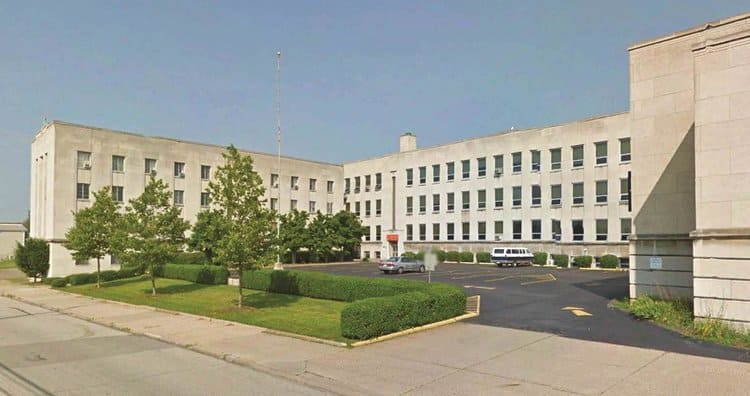
Provident Charter School opens doors and opportunities to children with dyslexia
Once an under-recognized constituency in western Pennsylvania, local children with dyslexia will head back to school this fall to classrooms and teachers dedicated to serving their specific learning needs.
Provident Charter School will open Aug. 29 for third- and fourth-graders in the former North Catholic High School in Troy Hill on the North Side.
An estimated 15 to 20 percent of the world population suffers from dyslexia or another language-based learning disability, according to the International Dyslexia Association. Dyslexia is the most common cause of reading, writing and spelling difficulties, but until now, the greater Pittsburgh region has lacked specific services to help young people overcome their issues, says Maria Paluselli, chief learning officer for Provident Charter School.
“We sort of refer to it here as a dyslexic desert,” Paluselli says, adding that several private schools cater to dyslexic students in Philadelphia, Ohio and New York. “They exist and we know they’re very successful in other parts of the country – just not in western Pennsylvania.”
In February, the Commonwealth Court of Pennsylvania ruled that Provident could open in the Troy Hill building, which closed as North Catholic in 2014. The ruling overturned a denial of Provident’s charter by the Pittsburgh Public Schools board, and brought a happy ending to the six-year effort by local real estate developer Curtis Kossman, the dyslexic father of two children who also have the language disorder.

Brett Marcoux, the Pittsburgh charter school’s principal and CEO, was hired in May to move the school from a charter application to a working school. Marcoux, a former administrator and teacher at Gow School for Dyslexia and Learning Disabilities in South Wales, N.J., moved to Pittsburgh in 2007. Bradley Rogers, headmaster at Gow, referred Marcoux for the job; Kossman’s son, David, had been a student at Gow.
“These are bright kids who struggle with the standard way of learning,” Marcoux says of students with dyslexia. “If there’s no intervention, by third or fourth grades, they will be full of self-doubt.”
And self-doubt can manifest itself in many ways: dropping out of school or breaking the law among possible problems.
“You can go a couple of different directions when you meet with a lot of failure and frustration in school as a second-grader,” Paluselli says. “You can turn to bad behavior. You can give up and quit.”
Karen Hanchett, Provident’s director of enrollment, says 29 students had signed up by mid-July, but the school is able to serve 96 students, 48 in third and fourth grade each. The first 15 children came from those who followed the school’s effort for a charter and whose parents signed the charter’s petition.
The rest has been from good old-fashioned legwork.
“We have another large group of people in the city of Pittsburgh that are low-, low-middle class and poor who also have kids really struggling with reading who probably have not been diagnosed,” Hanchett says. “So I have reached out to churches, food pantries, rec centers, the housing authority in the Hill District, Northview Heights, Arlington.”
She’s also been meeting with local pediatricians and professionals who work with dyslexic children to place more young people who are not getting the attention they need to succeed in school.
Marcoux says he expects Provident will have 336 students in grades two through eight by fall 2021.
Provident will follow the Orton Gillingham method that Marcoux learned at Gow. This multi-sensory approach engages a child’s eyes, ears and body.
Martial arts is integrated into Provident’s curriculum to teach valuable life skills. “Tae kwon do is very much focused around self-awareness, discipline, structure and self-control,” Marcoux says. “The goal at the end of eighth grade is for all of our graduates to have self-advocacy skills. The beginning of that is self-awareness, so they know where they are [instructionally] and they know to get help when they need it.”
Hanchett, who has mild to moderate dyslexia, echoed that sentiment in discussing how the school can also benefit children not dealing with language-based learning disorders.
“To be able to step into ninth grade with confidence, to be able to express what you need, to ask for what you want, to be self-directed, is huge in a public education system,” she says.
Parents interested in Provident Charter School can visit one of four open houses at the school in the coming weeks: 10 a.m. to 2 p.m. July 23; 4 p.m. to 6 p.m. July 27; 10 a.m. to 2 p.m. on July 30; and 4 p.m. to 6 p.m. on Aug. 3. Pittsburgh Mayor Bill Peduto is a scheduled special guest on Aug. 3.
“The mayor’s supportive of this new school; the first of it’s kind in the Northeast,” says Peduto Communications Manager Tim McNulty. “It’s great to have this Troy Hill asset filled with school kids again.”